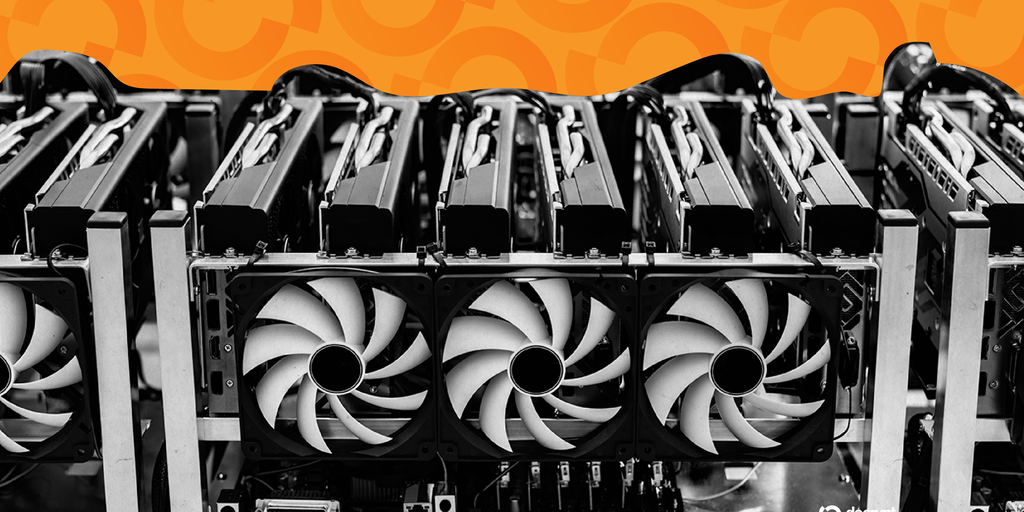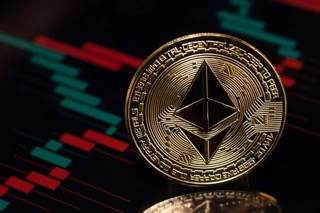

Yann LeCun, chief AI scientist at tech giant Meta, recently offered a tempered view on the future of artificial intelligence and quantum computing. This is a significant departure from the extremely optimistic (and extremely pessimistic) predictions often promulgated throughout the tech world.
At the 10th anniversary gathering of Meta’s Fundamental AI Research team, LeCun defied conventional wisdom by addressing the current state and future of AI.
“You can train the system on 20,000 years’ worth of reading material, and they still don’t understand that if A is the same as B, then B is the same as A,” he said.
LeCun highlighted the significant gap between today’s AI capabilities and the prospects of achieving human-level intelligence. Some may think AI will either save the world or destroy it, but for LeCun, it’s more likely that we’ll simply have “cat-level” or “dog-level” AI in the next few years.
True intelligence, he said, requires vast amounts of data that exceeds the text and other audiovisual inputs available today.
LeCun has always been the type of researcher who prefers to keep expectations as low as possible without losing sight of the big picture. At the World Science Festival two weeks ago, he said the amount of power needed to achieve human-level intelligence “cannot be reproduced by the kinds of computers we have today.”
Nonetheless, he acknowledged that AGI could be achieved in the future. But it can’t be achieved as quickly as many people think.
“There is no doubt that at some point in the future, perhaps decades from now, we will have AI systems that are as smart as humans in all areas where humans are smart,” he assured.
As much as Schmant
LeCun also expressed doubts about the immediate usefulness of quantum computing, a field that is receiving significant investment from tech giants including Nvidia, Google and IBM. He argued that most problems deemed necessary for quantum computing could be solved more efficiently using classical computers, a view also shared by Mike Schroepfer, Meta’s former head of technology.
“Quantum computing is a fascinating scientific topic,” LeCun said, adding, “The practical feasibility and feasibility of actually building a truly useful quantum computer are still questions.”
Quantum computing is a type of computing that performs operations on data using quantum mechanical phenomena such as superposition and entanglement. This approach is fundamentally different from traditional computing, which relies on bits in the 0 or 1 state.
If the technology is properly developed, quantum computers are currently the most powerful supercomputers and can solve problems that would take thousands of years in just seconds. This means instant encryption code cracking, high-fidelity real-time simulations, and even lightning-fast AI training.
LeCun’s cautious stance represents a more balanced approach to AI and quantum computing in a field often filled with innovative narratives. While progress is being made, he cautions that the road to mature AI is longer and more complex than we think.
Edited by Ryan Ozawa.



